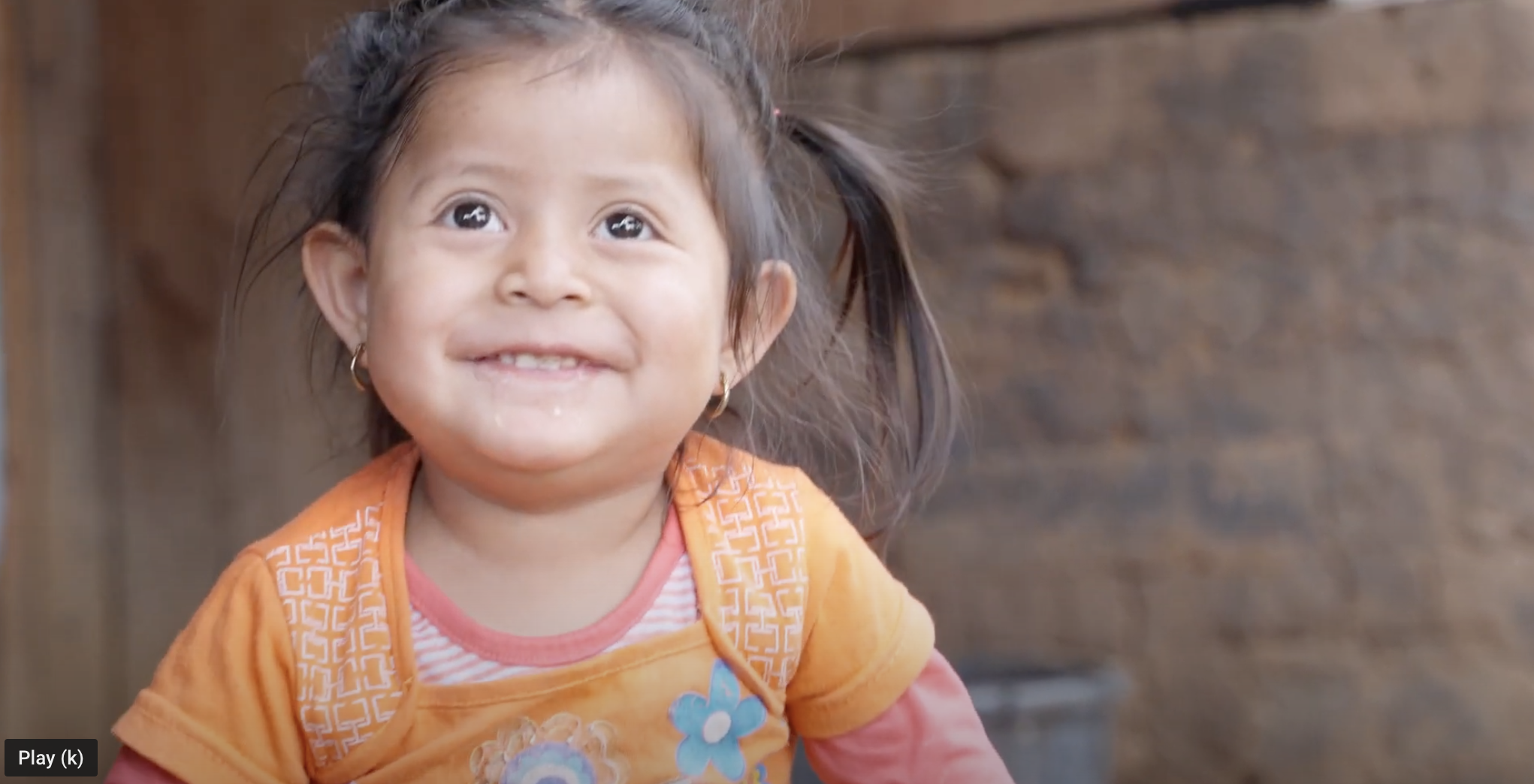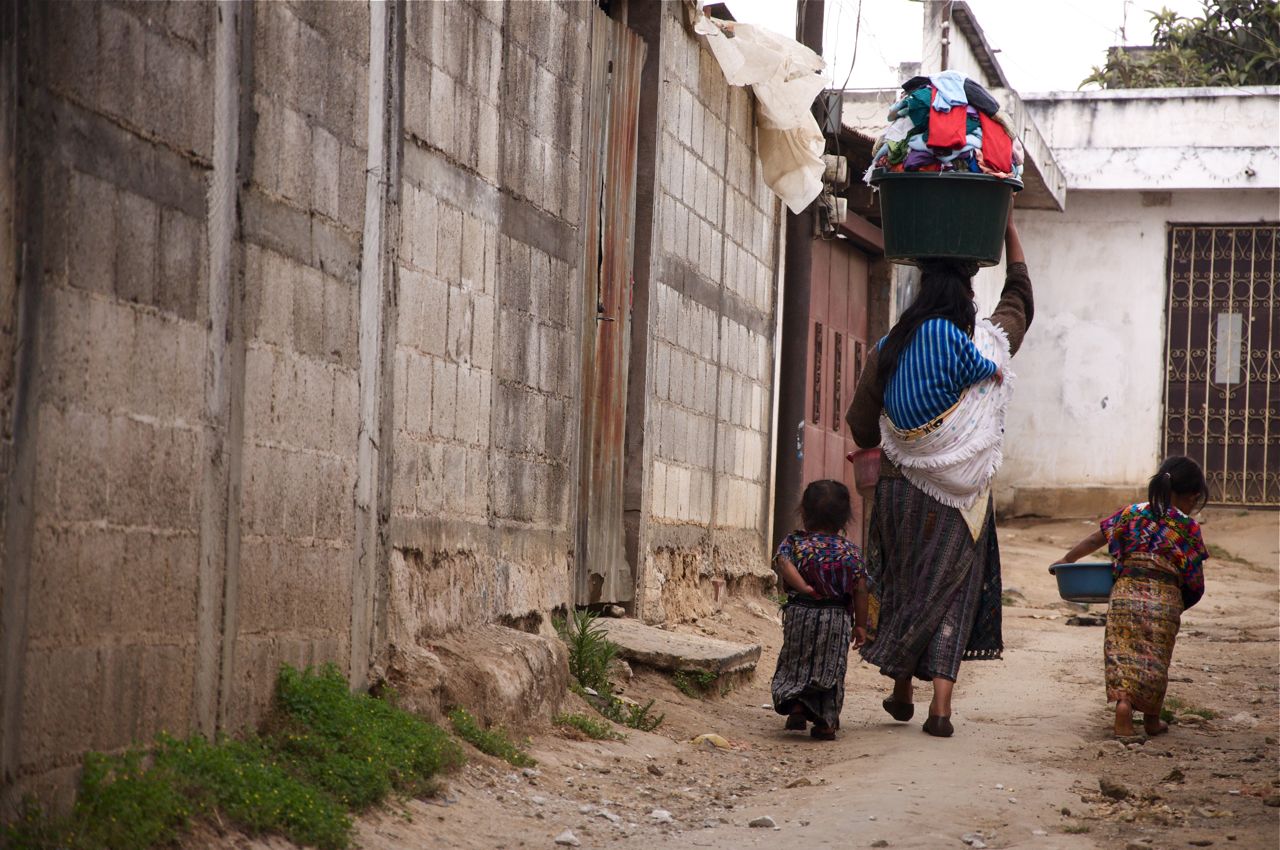The Need
According to the World Bank, in 2020, approximately 47 percent of the total population of 17 million lived under the poverty line. One-fifth of the population lived with incomes between US$5.5 and US$13 per day, meaning that 85 percent of the population is poor or vulnerable to falling into poverty. Approximately one million people are expected to fall into poverty due to the COVID-19 crisis, raising the country’s poverty rate by as much as 6 percentage points¹.
Guatemala also has the fourth highest rate of chronic malnutrition in the world. Chronic childhood malnutrition (and stunting) affects 47 % of all children under the age of five, 58 % of indigenous children, and 66 % of children in the lowest income quintile. In 2019, Guatemala ranked 68th in food security out of 113 countries, with only 40 % of Guatemalan families enjoying food security.
The healthcare system is broken. The national hospitals that do exist are only open four hours a day and are often closed for weeks due to lack of supplies and medicines. In addition, the patients are expected to pay for tests, medicines, anything needed beyond the physician’s consult. The majority of people, even the middle class, cannot afford either the diagnostics or the treatments physicians prescribe.
The Commitment
Trust in this land of broken promises is hard to come by. Through long-term partnerships and relationships, Faith In Practice has developed that trust and it has given that trust to those with whom it partners. This long-term commitment, going deep rather than wide, empowers the local community to serve, it ensures transparency, and it produces results. Faith In Practice cannot eradicate systemic poverty, but it can strengthen and support local Guatemalans so that together we can improve the healthcare of the poor.





